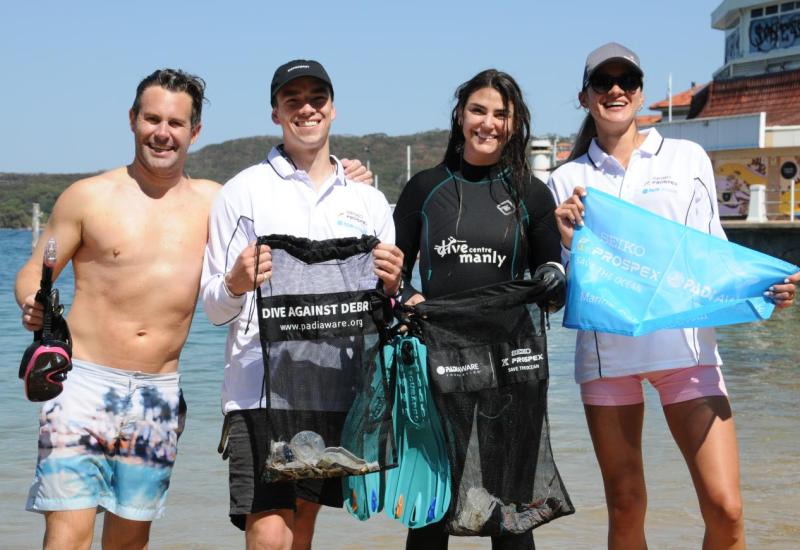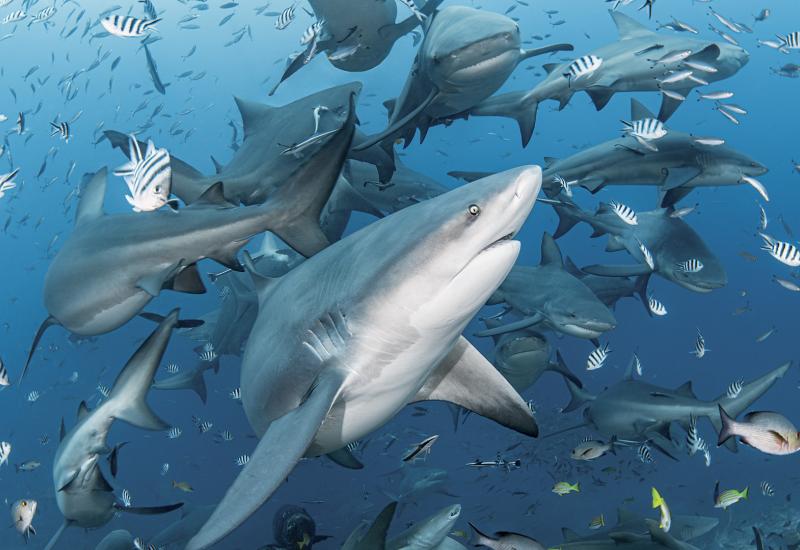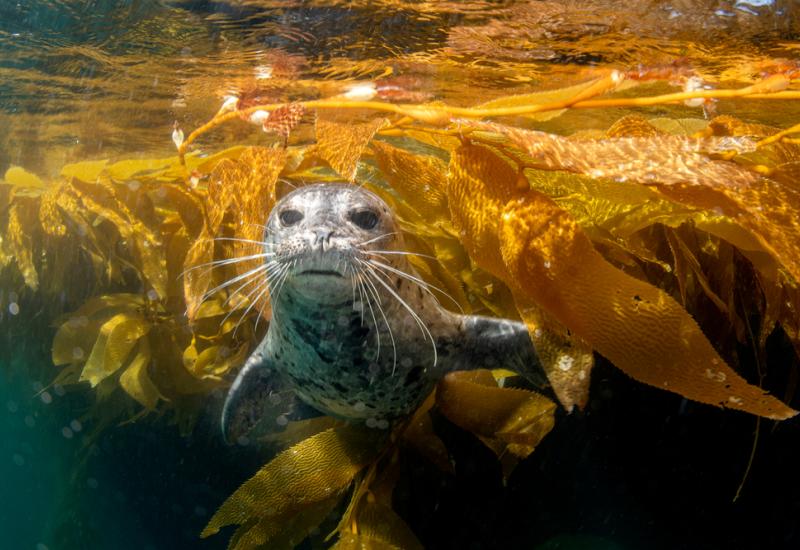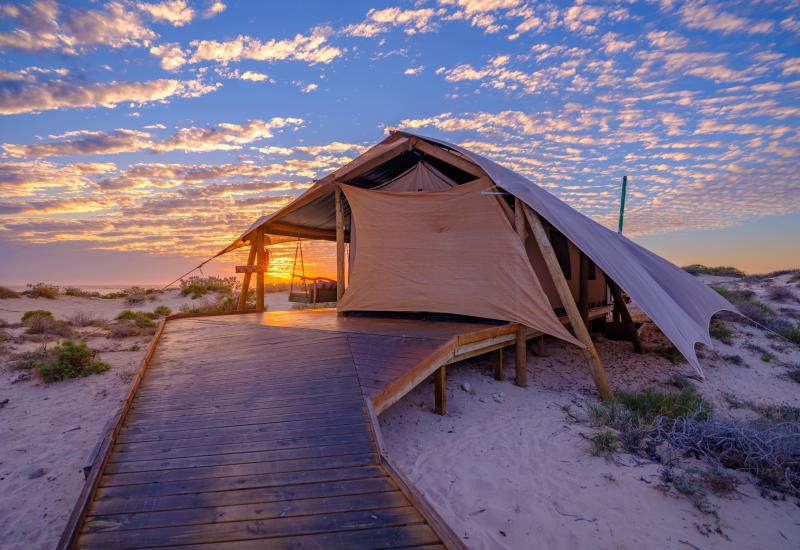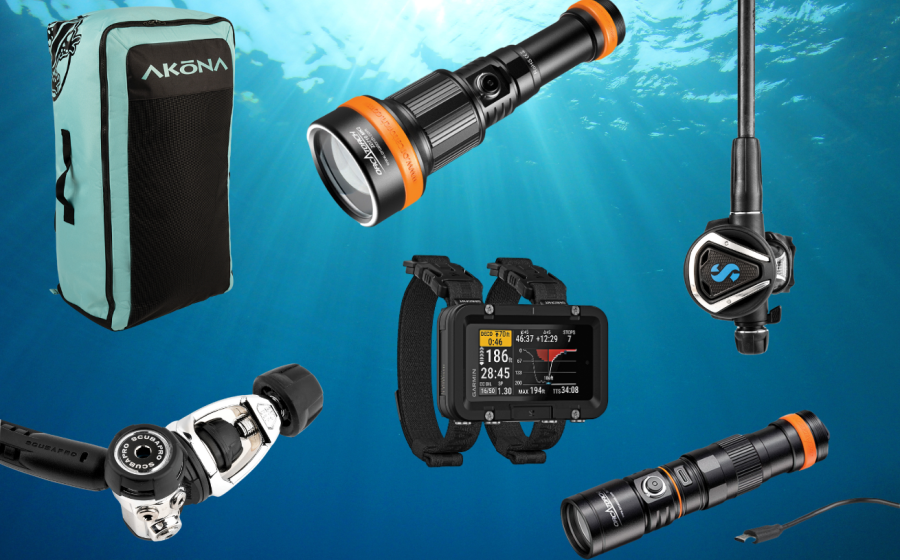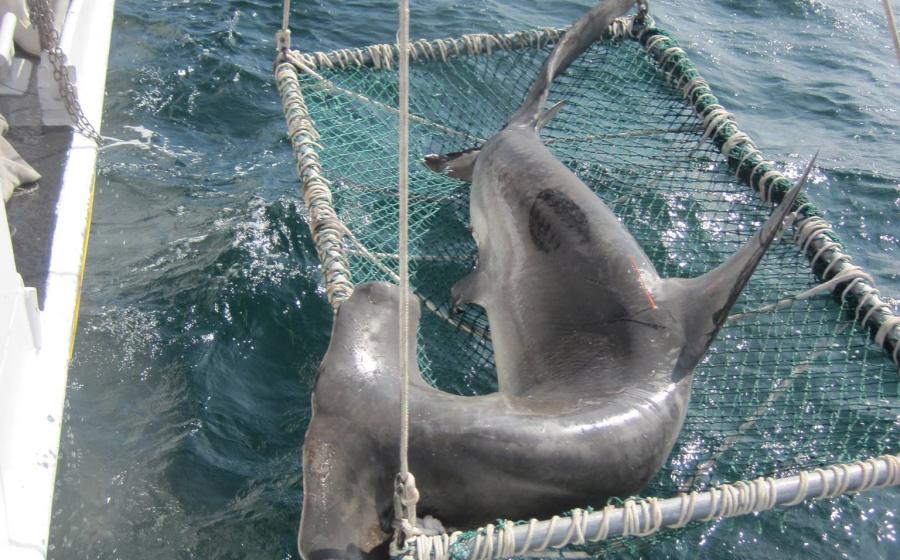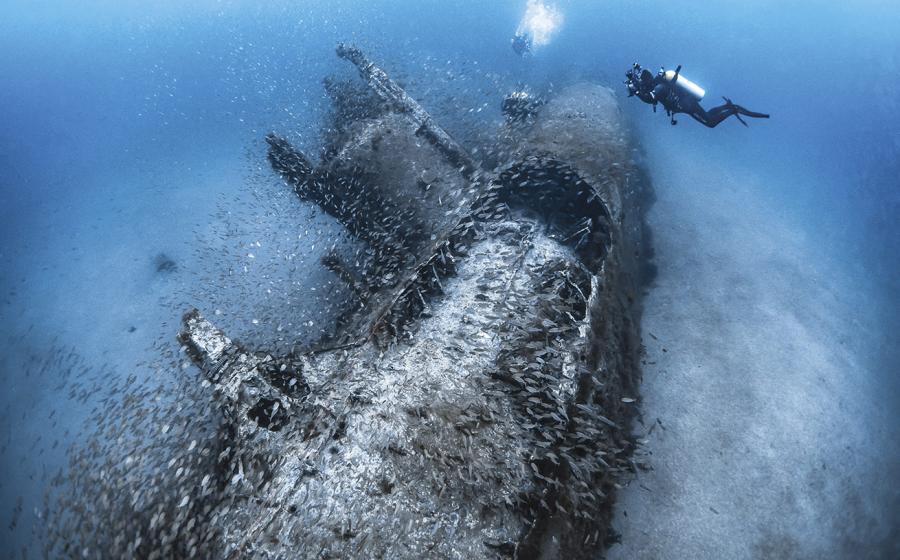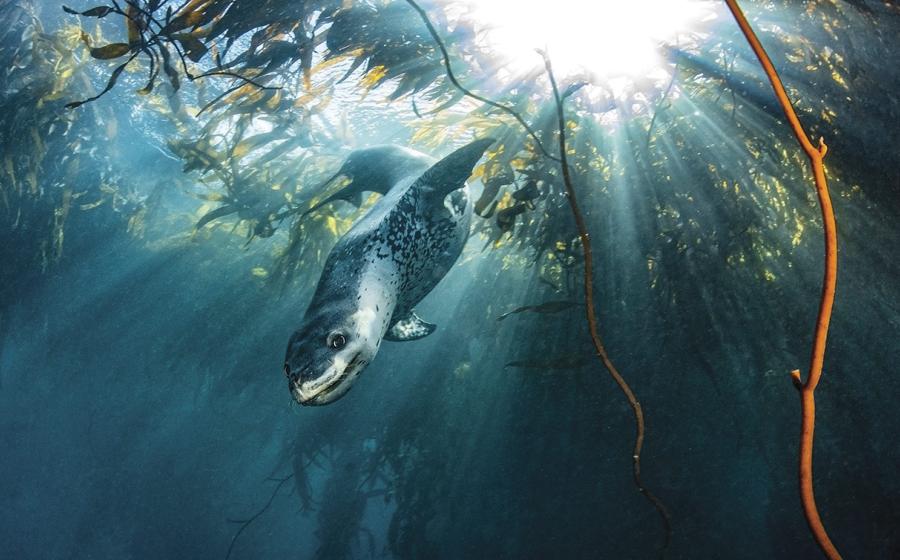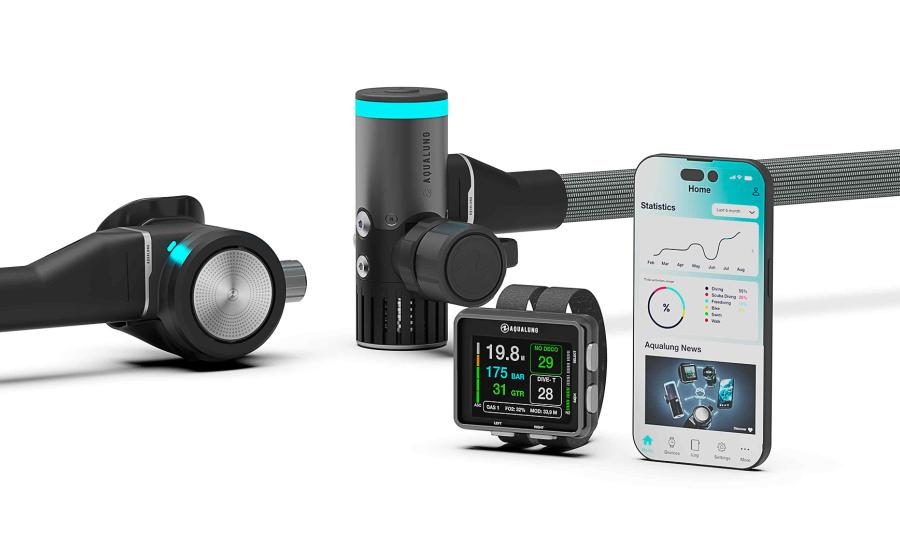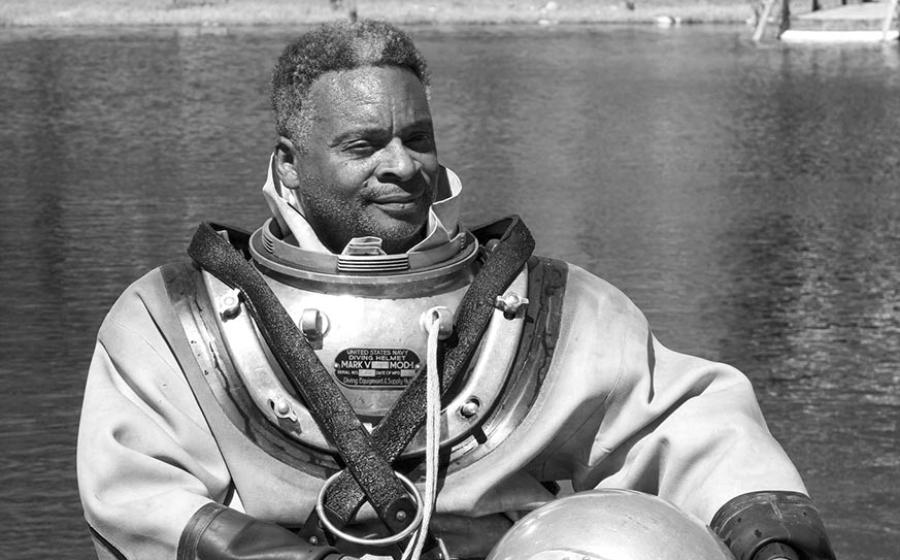A Guide to Scuba Diving in Komodo National Park

Todd WinnerMantas are a draw for divers in Komodo and Raja Ampat
Explore the Guide to Indonesia
Manta rays, flamboyant cuttlefish, green sea turtles, pygmy seahorses and even megamouth sharks: This isn’t a bucket list of marine-life encounters, but rather things that have been seen within Komodo National Park.
The park — declared a UNESCO World Heritage Site in 1991 — includes the group of islands between East and West Nusa Tenggara in Indonesia’s Lesser Sunda Islands. There are three major islands — Komodo, Rinca and Padar — and more than 20 smaller ones, but the majority of diving takes place in the water separating Komodo and Rinca.
Only 35 miles separate Gili Lawa Laut, in the northwestern reaches of Komodo National Park, and Nusa Kode in the southeast. But a wide array of experiences awaits in that stretch, from drifts with mantas to coral reefs to macro muck dives, thanks to the flow of nutrient-rich current from the colder Indian Ocean to the south and more-tropical Flores Sea to the north.
Backpackers staying nearby can visit many of the region’s best dives via day boat, but the best option is to hop on a liveaboard and hit all the top sites early to avoid those day-trippers. The region is famous for heavy current — for good reason — but that’s part of the draw. That current brings in big animals and helps feed the coral habitats that are brimming with colorful life; savvy dive guides know how to plan and prepare to avoid the worst of the current for a safe but thrilling experience.
Scuba Diving Conditions
Water temp
84ºF average in north Komodo, with temperatures dropping 5-plus degrees in the south
Visibility
40 to 100 feet, depending on location and current
Season
Year-round, with best conditions May to October
Signature Diving Sites in Komodo National Park
Crystal Rock
Two seamounts separated by a valley filled with table corals constitute this action-packed site. As soon as you make your negative entry, you’re sure to see something big — our first trip included great barracuda, whitetip reef sharks, gray sharks, giant trevally, schooling Moorish idols and a Napoleon wrasse.
Batu Bolong
Thousands of anthias fill seemingly every space at this site, which runs along a gently sloping wall. Peek under table corals for the chance to see lazy sea turtles or sneaky banded sea snakes, and be sure to look in the blue now and again — you might be greeted by schooling fusiliers or mobula rays passing by.
Tatawa Besar
This site — often dived as a drift — is nicknamed Orange Grove thanks to the seemingly endless stretch of orange corals that you soar above near the end. If the current isn’t strong enough to take you there, no worries. Coral bommies are buzzing with morays, star puffers, porcelain crabs and sweetlips along the way.

